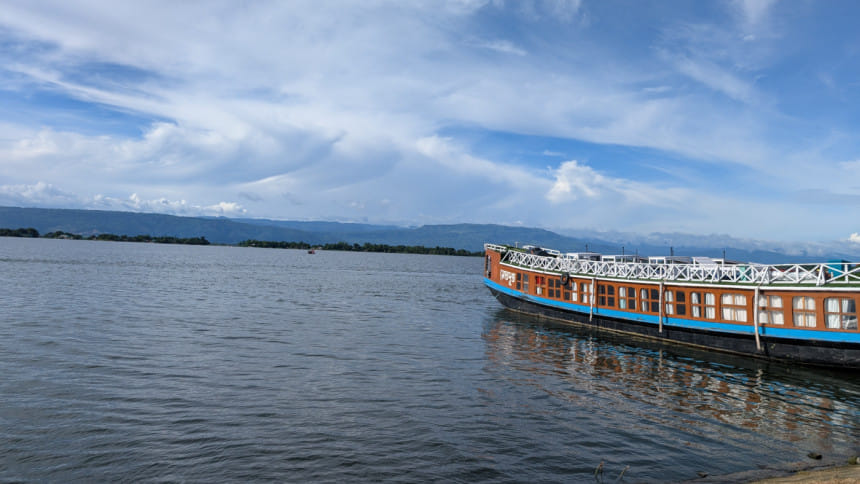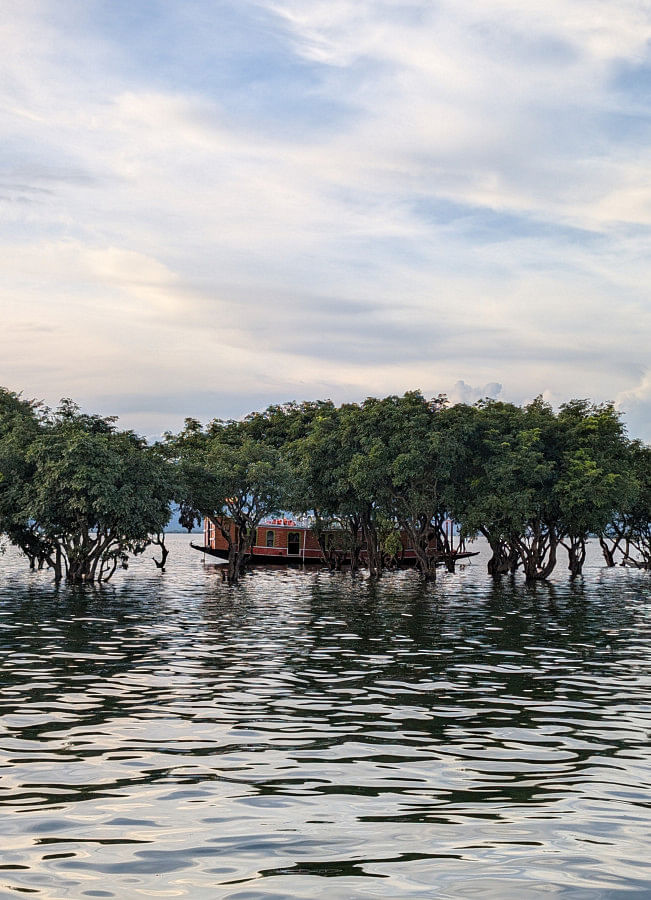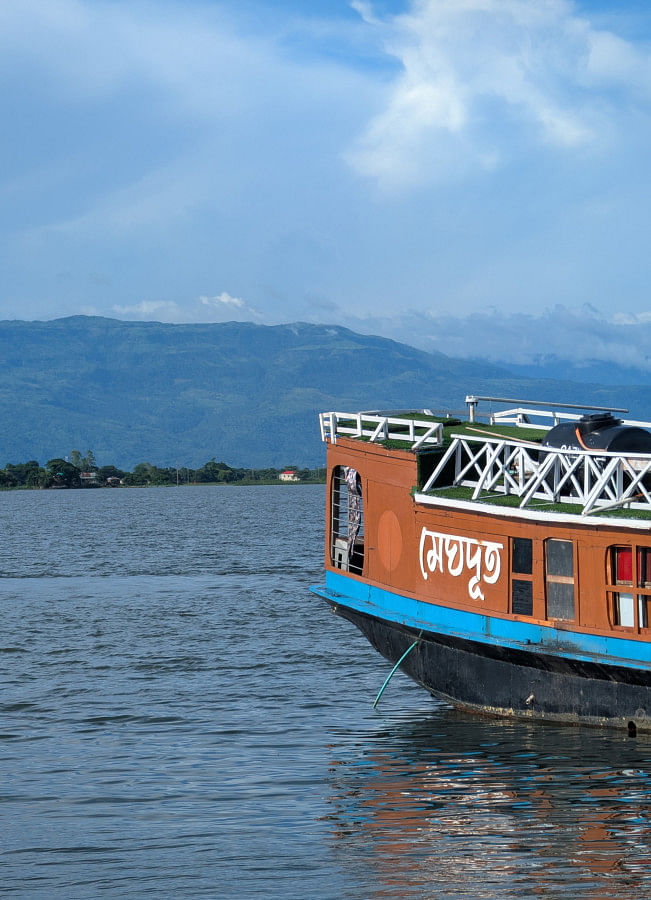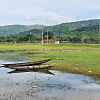Ban on Tanguar Haor houseboats: Brilliant fix or overkill move?

The recent ban on houseboat access near the much-hyped watchtower in Sunamganj's Tanguar Haor area has left many travel enthusiasts floating in confusion and disappointment. So, was this sudden access denial a long-overdue environmental intervention — or just a knee-jerk policy masquerading as a conservation move? Let's break it down with some public reactions.
It's true that for years, unchecked tourism has quietly but surely disturbed the haor's fragile ecological balance. Overcrowded houseboats, loud music, plastic litter, and the sheer volume of visitors have disrupted the migratory birds and aquatic life that make the region so unique. Environmentalists have long sounded the alarm, warning that without intervention, this Ramsar-recognised wetland could suffer irreversible damage.
And finally, on 22 June, the Sunamganj district administration stepped in, announcing a sweeping ban on all houseboat activities within the haor's core ecological zones — including the watchtower area. Though the haor remains open to tourists, only houseboats have been banned.

For some, the move feels not just necessary, but long overdue.
"I think it's the right call to ban houseboats from specific zones. Unchecked tourism, fuelled by cheap Facebook groups, overwhelms these fragile areas," said Ismot Hasnine, a frequent visitor to the haor. "Additionally, the houseboat industry operates with a rampant capitalist mindset, prioritising profit over environmental care. Without strong regulation and monitoring, banning houseboats from core zones remains the best option. Because by nature, we Bangladeshis tend not to follow rules, so the authorities need to be strict — at least until a proper system is in place to balance boat activities with biodiversity protection."
Rakibul Islam, a student of Geography and Environment at the University of Dhaka, agrees:
"Being on a houseboat near the watchtower feels magical. The beauty of nature is surreal there. But behind the postcard scenes lies an ecosystem increasingly burdened by the very people who come to admire it. When fifty boats crowd around at dawn, with loudspeakers blaring and plastic waste floating — it's chaos. The noise pollution even reaches the nearby villages. I think this pause is a breath of fresh air for the ecosystem."
Not everyone, however, is cheering. Many first-time travellers have been left stranded — caught between the longing to explore and the moral weight of preservation.
"I'd been planning this trip for months — booked the boat, arranged time off work," said Kamal Ahmed, a software engineer. "It was my one shot at reconnecting with nature. Now it's either cancel everything or scramble for Plan B. It's just frustrating."
Fatin Khan, an avid traveller, echoed the same sentiment.
"Tanguar Haor was on my bucket list! But with this blanket ban on the core spots, that dream is on pause. Couldn't they have met us halfway? A full shutdown seems lazy — not strategic at all. It's going to hit tourism-based livelihoods hard. They could've allowed limited visits with strict rules."

Rafan Ahmed was more direct.
"Houseboats ruining biodiversity? Seriously? It's a boat, not a nuclear power plant. Just regulate oil spills, manage litter and plastic waste, and, for heaven's sake, reduce the noise! Better engines and proper waste disposal could've solved half the problem. You don't have to kill the experience to save the environment — just upgrade it."
Still, environmentalists insist this isn't about halting tourism — it's about transforming it. In fact, the administration has already issued a 12-point guideline for all tour operators: no plastics, no loudspeakers, no detergents in the water, and scheduled movement of boats. But enforcing these rules is another matter entirely.
So, the real question now is whether these rules will actually be enforced — or simply gather dust on paper like so many policies before them.
Because if the Cox's Bazar cable car symbolises innovation, then the Tanguar Haor houseboat ban represents introspection. Both are necessary, sure — but only when accompanied by long-term planning, community inclusion, and strict implementation. Otherwise, we'll keep swinging between overdevelopment and abrupt restriction, never quite achieving the sustainable tourism model we so desperately need.

 For all latest news, follow The Daily Star's Google News channel.
For all latest news, follow The Daily Star's Google News channel. 








Comments